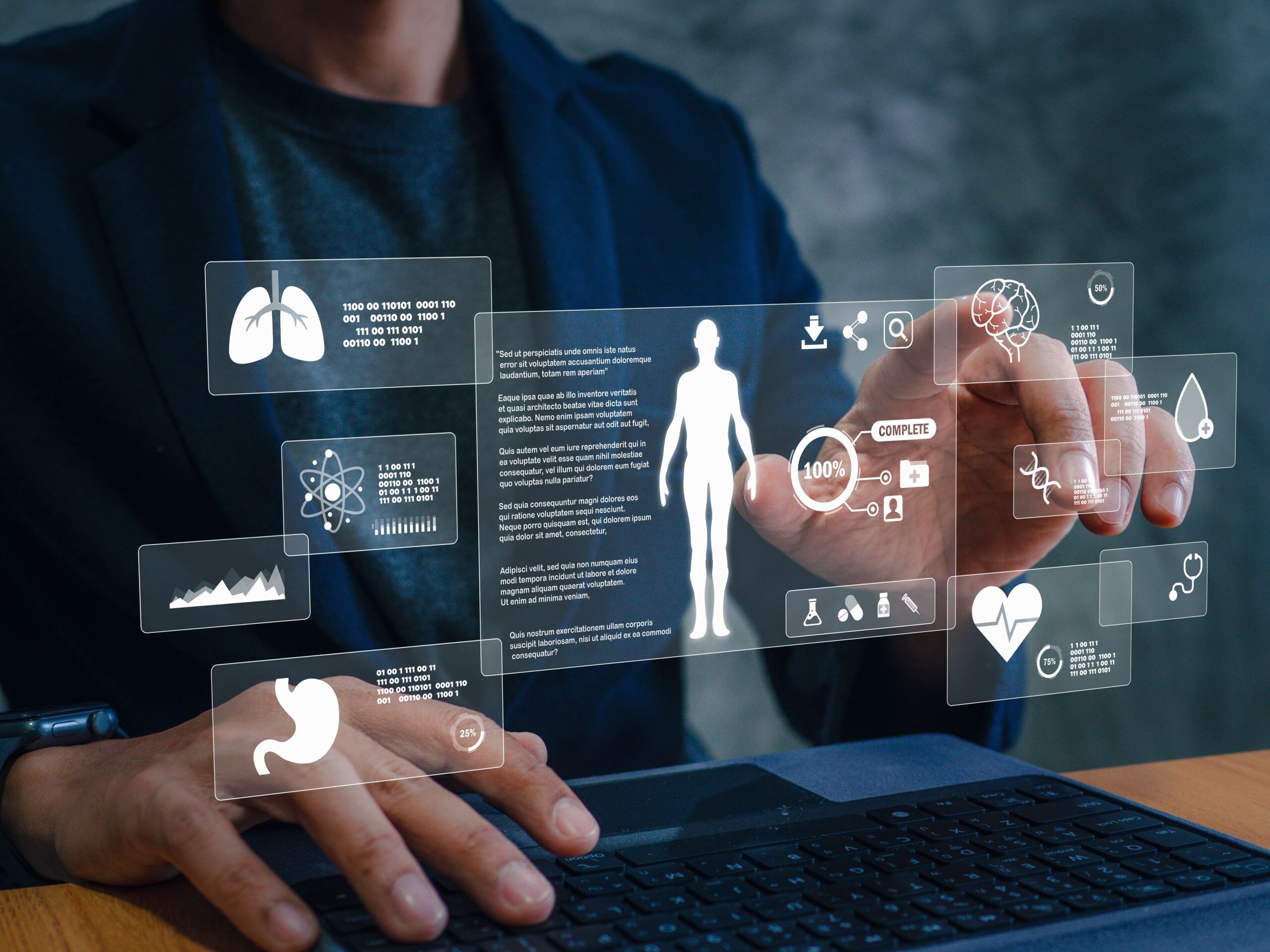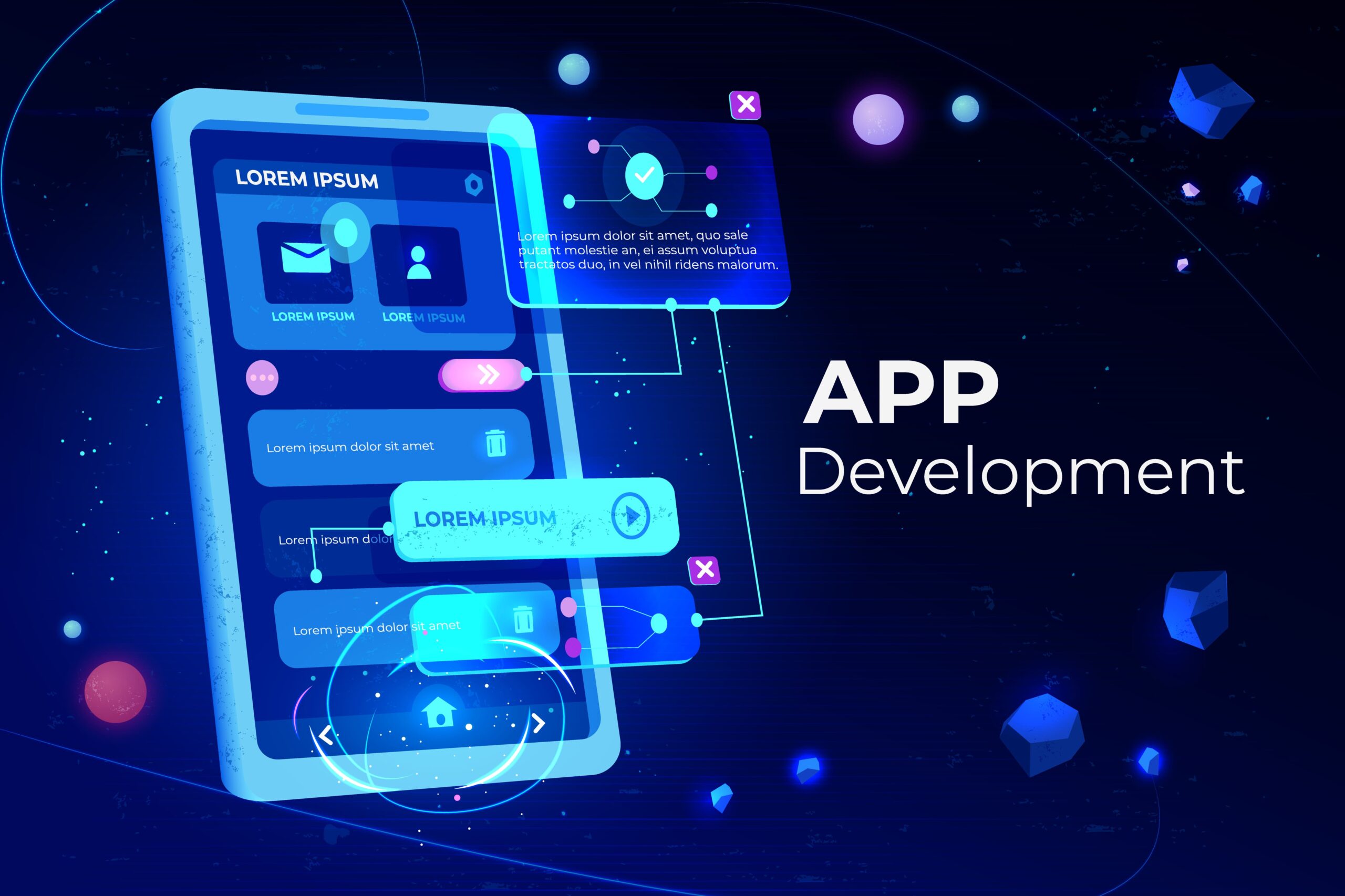A digital revolution is taking place in the healthcare sector. Artificial Intelligence (AI), Machine Learning (ML), Blockchain, and the Internet of Things (IoT) are examples of emerging technologies that are revolutionizing healthcare delivery, data management, and patient-provider interactions.
However, creative healthcare software development firms that are revolutionizing the medical industry are the main force behind every innovation.
Software businesses are at the forefront of transforming contemporary healthcare systems, from seamless telemedicine experiences to predictive analytics and individualized patient care. Let’s examine how new technologies are changing the healthcare industry and why partnering with the right healthcare software development company can open the door to more intelligent, data-driven treatment.
The Rise of Digital Health Transformation
Healthcare’s digital transformation has accelerated rapidly since 2020. Hospitals, clinics, and startups are increasingly relying on technology to improve accessibility, reduce costs, and ensure better patient outcomes.
According to recent reports, the global digital health market is expected to surpass $900 billion by 2030, driven by innovations in AI, cloud computing, and data analytics.
Healthcare software companies have become the backbone of this transformation — developing custom solutions that address everything from remote monitoring and virtual consultations to secure electronic health records (EHRs) and AI-assisted diagnostics.
Artificial Intelligence: The Game-Changer in Healthcare
AI is no longer a futuristic concept — it’s a present reality reshaping healthcare software. Software development companies are leveraging AI algorithms to analyze complex datasets, detect diseases early, and assist doctors in clinical decision-making.
- Predictive Diagnostics: AI-driven healthcare apps can identify risk patterns, helping doctors detect diseases like diabetes, cancer, or heart conditions before symptoms appear.
- Medical Imaging & Analysis: Machine learning models are now capable of reading X-rays, MRIs, and CT scans with remarkable precision, minimizing diagnostic errors.
- Virtual Assistants & Chatbots: AI chatbots provide 24/7 patient engagement, scheduling, and medication reminders — improving operational efficiency and patient satisfaction.
By embedding AI into healthcare software solutions, companies are enabling hospitals and startups to save time, improve accuracy, and deliver personalized care at scale.
Internet of Things (IoT): Powering Connected Healthcare
IoT is connecting devices, patients, and medical professionals like never before. From wearable health trackers to smart hospital equipment, IoT is central to real-time patient monitoring and data-driven insights.
Software development companies are building IoT-integrated healthcare apps that connect devices such as:
- Smart glucose monitors
- Heart rate sensors
- Wearable ECG trackers
- Remote patient monitoring systems
These solutions allow doctors to track patient vitals in real-time, send alerts in case of abnormalities, and provide continuous care beyond hospital walls.
IoT also helps healthcare providers reduce readmissions, enhance preventive care, and improve treatment efficiency — paving the way for proactive, rather than reactive, healthcare delivery.
Blockchain: Ensuring Transparency and Data Security
With massive amounts of patient data being shared across platforms, data privacy and interoperability are among the biggest challenges in healthcare.
This is where Blockchain technology comes in — offering decentralized, tamper-proof systems for managing medical records.
Software companies are using Blockchain to:
- Enable secure sharing of patient data among healthcare providers.
- Prevent unauthorized data access and fraud.
- Ensure compliance with HIPAA and GDPR regulations.
- Facilitate smart contracts for transparent healthcare payments and insurance claims.
By combining Blockchain with AI and cloud-based systems, modern healthcare software solutions are creating trust-driven ecosystems that protect patient data while promoting efficiency and collaboration.
Cloud Computing: The Backbone of Modern Healthcare Software
Cloud-based healthcare solutions are redefining how data is stored, shared, and managed. Software development companies are deploying cloud infrastructure to improve scalability, accessibility, and collaboration across healthcare networks.
Cloud technology supports:
- Remote data access for doctors and patients.
- Seamless integration between multiple health systems.
- Cost-effective scalability for growing healthcare startups.
- Secure backup and disaster recovery for critical medical data.
The shift toward cloud-native healthcare apps has allowed institutions to adopt Electronic Health Records (EHRs), telehealth platforms, and AI-based analytics systems more efficiently and securely.
Telemedicine & Virtual Healthcare Apps
Telemedicine has become one of the most significant healthcare trends post-pandemic.
Software companies are developing user-friendly telehealth apps that connect patients with medical professionals through video consultations, AI chatbots, and remote diagnostic tools.
Key features include:
- HD video consultations
- E-prescriptions and digital billing
- AI-based symptom checkers
- Secure communication channels
Telemedicine apps not only increase healthcare accessibility but also reduce waiting times, operational costs, and geographical barriers. This technology is especially critical for rural areas where access to healthcare facilities is limited.
Big Data & Predictive Analytics: Powering Smarter Decisions
Healthcare generates enormous amounts of data every second — from clinical records to wearable device data. Big Data and analytics tools enable healthcare providers to derive actionable insights from this information.
Software development companies are now creating predictive analytics tools that help hospitals:
- Forecast disease outbreaks.
- Improve resource allocation.
- Personalize treatment plans based on patient history.
- Identify inefficiencies in healthcare operations.
This data-centric approach leads to smarter decision-making, cost optimization, and improved patient care across healthcare systems.
The Role of Software Companies in Driving Innovation
The integration of emerging technologies into healthcare wouldn’t be possible without expert software development companies. These companies combine domain knowledge, compliance expertise, and cutting-edge tech to create scalable, secure, and innovative health solutions.
Top healthcare software development firms focus on:
- Building custom healthcare apps (telemedicine, EHR, wellness, diagnostics).
- Integrating AI, ML, and IoT for smarter solutions.
- Ensuring HIPAA/GDPR compliance for data safety.
- Offering cloud migration and support services.
- Delivering interoperable systems that connect hospitals, labs, and patients.
By partnering with such companies, healthcare organizations gain access to end-to-end digital transformation — from ideation to deployment — ensuring they stay ahead in the evolving healthtech landscape.
Future of Healthcare: Where Tech Meets Compassion
The future of healthcare isn’t just about technology — it’s about enhancing human care through digital innovation.
As emerging technologies continue to evolve, we’ll see the rise of AI-powered diagnostics, robot-assisted surgeries, predictive patient care, and personalized health apps that empower individuals to take charge of their well-being.
Software companies are not just coding systems — they’re building a connected, intelligent healthcare ecosystem that bridges the gap between doctors, patients, and data.
Conclusion
From AI-driven insights to Blockchain security and IoT connectivity, emerging technologies are transforming every layer of the healthcare industry. And it’s the healthcare software development companies that are making this transformation possible — bringing innovation, security, and personalization to the core of patient care.




